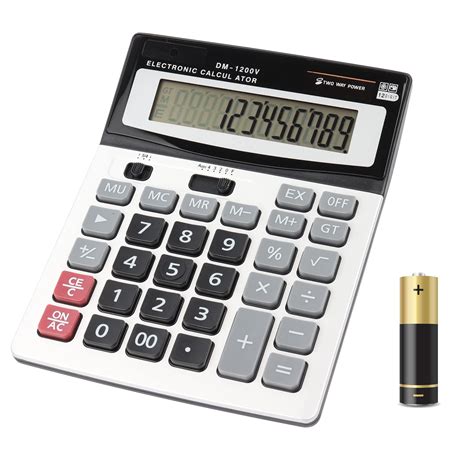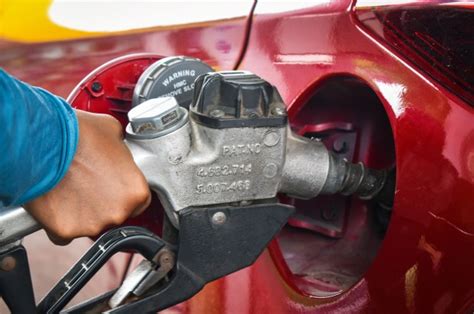The quest for efficiency and cost savings is a common pursuit for many men, especially when it comes to the daily grind of commuting and errands. One question that frequently arises at the pump is whether opting for premium gasoline, despite its higher price, can actually save money in the long run for a typical daily driver. This article delves into the realities of octane ratings, engine requirements, and the true economics of fuel choices to help you make an informed decision.
Understanding Octane Ratings and Your Engine
Before we can determine if premium gas is “worth it,” it’s crucial to understand what distinguishes regular (typically 87 octane) from mid-grade (89 octane) and premium (91-93 octane) fuels. The octane rating is a measure of a fuel’s resistance to knocking or pre-ignition – the uncontrolled combustion of the fuel-air mixture in the cylinder before the spark plug fires. Engines designed for higher compression ratios or forced induction (turbochargers, superchargers) require higher octane fuel to prevent this damaging phenomenon.

Most standard daily drivers are designed to run perfectly well on regular 87 octane gasoline. The engine’s computer (ECU) is calibrated to optimize performance with this fuel, and using a higher octane than specified by the manufacturer provides no measurable benefit. In fact, for engines not designed for it, putting in premium gas is simply burning money.
Does Premium Gas Improve Performance or Fuel Economy?
A common misconception is that premium gas offers a “cleaner” burn, better fuel economy, or increased horsepower. For cars *not* requiring premium fuel, this is largely a myth. Modern engines, especially those with advanced knock sensors, can adapt to slightly lower octane fuels if absolutely necessary (though not recommended long-term if premium is specified). However, they cannot magically unlock hidden potential with higher octane fuel they don’t need.
Studies and tests by organizations like AAA have consistently shown that vehicles designed for regular gasoline experience no significant improvements in horsepower, acceleration, or fuel economy when fueled with premium. The slight, often imperceptible, changes sometimes reported are more likely due to a placebo effect or variations in driving conditions rather than the fuel itself.

The True Cost Comparison: Regular vs. Premium
Let’s look at the numbers. Premium gasoline typically costs 20-60 cents more per gallon than regular. For a vehicle with a 15-gallon tank, that’s an extra $3-$9 per fill-up. Over the course of a year, if you fill up once a week, that could amount to an additional $150-$450. If there are no performance or efficiency gains, this extra cost directly translates to a loss, not a saving.
To truly save money, the premium fuel would need to deliver a substantial and measurable increase in miles per gallon (MPG) that offsets its higher price. For a 30 MPG car, even a 1 MPG increase would be a roughly 3% gain. If premium is 15% more expensive, you’d still be losing money. Data consistently shows that for non-premium-requiring cars, such an MPG increase from higher octane fuel does not occur.

When Is Premium Gas Actually Recommended?
There are indeed situations where premium gas is not just recommended, but *required*. These typically involve high-performance, luxury, or sports cars with engines featuring:
- High compression ratios
- Turbochargers or superchargers (forced induction)
- Specific manufacturer recommendations for optimal performance and engine longevity.
In these cases, the engine’s ECU is programmed to extract maximum power and efficiency *only* when fed the specified octane. Using lower octane fuel can lead to reduced performance, potential engine knock, and in the long term, even engine damage as the ECU retards timing to protect the engine. For these vehicles, paying for premium is an investment in maintaining the car’s intended performance and lifespan, not an attempt to save money through efficiency, but rather to prevent costly repairs.

Genuine Ways to Save Money on Fuel
If your daily driver doesn’t *require* premium gas, focusing on these areas will genuinely save you money at the pump:
- Regular Maintenance: Keep your engine tuned up, air filter clean, and spark plugs fresh. A well-maintained engine runs more efficiently.
- Proper Tire Inflation: Underinflated tires increase rolling resistance and reduce fuel economy. Check your tire pressure regularly.
- Smooth Driving Habits: Avoid aggressive acceleration and hard braking. Smooth, consistent driving is far more fuel-efficient.
- Reduce Idling: If you’re going to be stopped for more than 30 seconds, it’s often more fuel-efficient to turn off your engine.
- Lighten the Load: Remove unnecessary weight from your vehicle and avoid carrying items on your roof rack unless needed, as they increase drag.

The Verdict: Not a Money Saver
For the vast majority of men’s daily drivers, using premium gasoline when it’s not explicitly required by the manufacturer is a waste of money. It does not provide better fuel economy, increase horsepower, or offer any significant long-term savings. The best approach is to always follow your vehicle manufacturer’s recommendation for fuel type. If your owner’s manual specifies “regular” or “87 octane,” stick with it. Your wallet, and your engine, will thank you.




